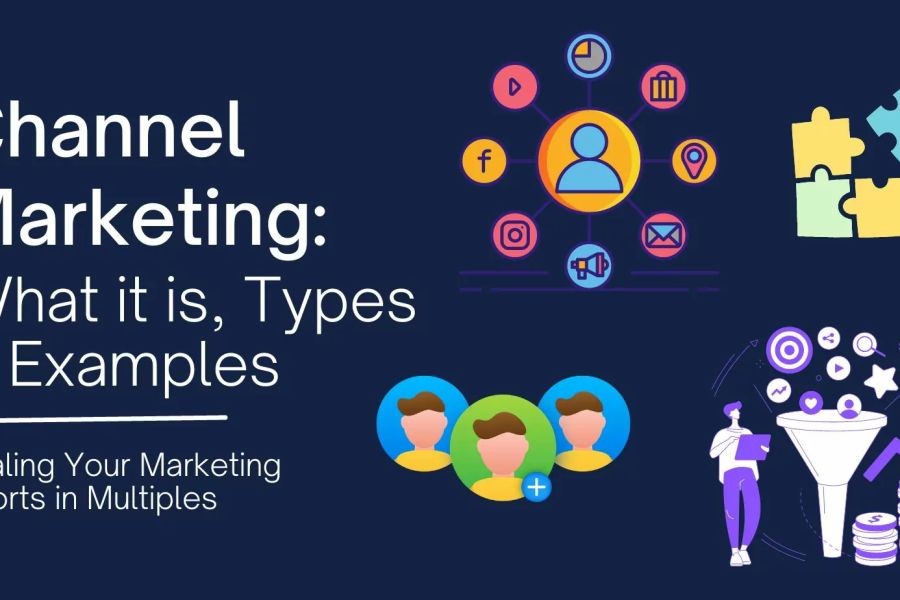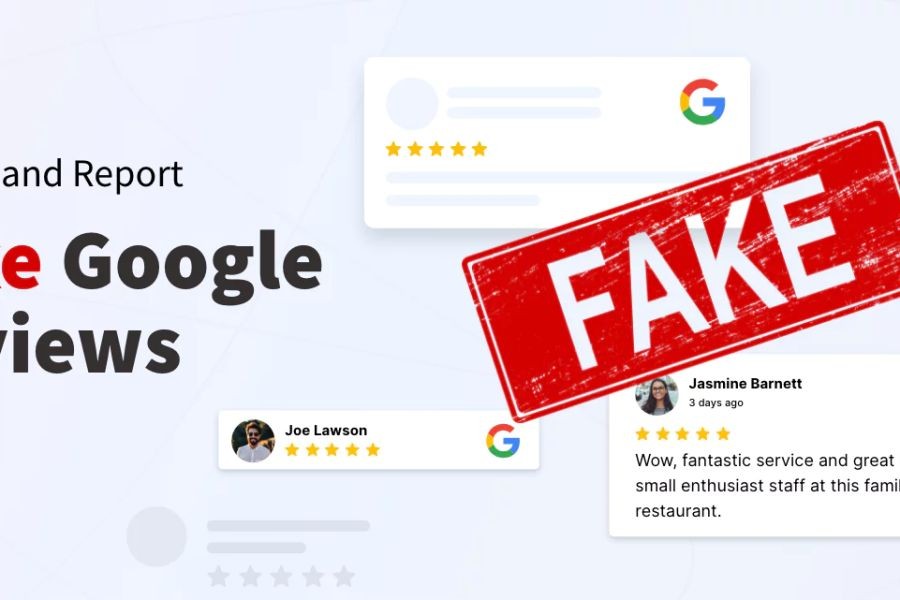Introduction
In today’s rapidly evolving business landscape, small businesses in New Zealand are faced with the daunting task of selecting the most effective marketing channels to reach their target audience. With digital transformation accelerating at an unprecedented pace, the importance of choosing the right marketing strategy cannot be overstated. According to a recent report by Stats NZ, over 90% of Kiwi consumers now engage with businesses online, highlighting the critical role of digital marketing in today's economy. But which channels truly deliver value for New Zealand's small businesses? Let’s delve into a comparative analysis to uncover the best marketing channels that can drive growth and success for Kiwi entrepreneurs.
Understanding the New Zealand Context
New Zealand's economic landscape is characterized by its vibrant small business sector. As of 2023, small and medium-sized enterprises (SMEs) make up 97% of all businesses in New Zealand, according to the Ministry of Business, Innovation and Employment (MBIE). These businesses are not only vital to the economy but also face unique challenges, such as limited marketing budgets and the need for targeted strategies to reach local and international markets. Therefore, understanding the regional dynamics and consumer behavior is essential for crafting effective marketing strategies.
The Power of Digital Marketing
Digital marketing has emerged as a cornerstone for small businesses aiming to expand their reach and enhance customer engagement. Platforms such as Facebook, Google Ads, and Instagram offer unparalleled opportunities for targeted advertising. A study by NZTech revealed that businesses utilizing digital marketing strategies achieve a 40% higher conversion rate compared to those relying solely on traditional methods. Moreover, with New Zealanders spending an average of 6 hours daily online, digital marketing channels are indispensable for capturing consumer attention.
Case Study: Kiwi Startup Cracks the Code with Digital Ads
Problem: A Wellington-based eco-friendly startup, GreenLeaf NZ, struggled to gain traction in a competitive market dominated by established brands. Their traditional marketing efforts were not yielding the desired results, leading to stagnant sales.
Action: GreenLeaf NZ shifted their focus to digital marketing, utilizing Google Ads and Facebook campaigns to reach eco-conscious consumers. They employed targeted keywords and engaging visuals to capture the attention of potential customers.
Result: Within six months, GreenLeaf NZ experienced a 55% increase in online sales and a 70% boost in brand awareness. Their digital marketing campaign not only increased their customer base but also positioned them as a leader in the sustainable products niche.
Takeaway: This case study underscores the effectiveness of digital marketing in reaching niche markets. For Kiwi businesses, leveraging digital platforms can significantly enhance brand visibility and drive sales growth.
Social Media: A Double-Edged Sword
While social media offers immense potential for brand building and customer engagement, it also presents unique challenges. The dynamic nature of platforms like Facebook and Instagram requires businesses to stay abreast of trends and algorithms to maintain visibility. A report from Consumer NZ highlights that 60% of small businesses struggle with maintaining consistent engagement on social media due to frequent algorithm changes.
Pros and Cons of Social Media Marketing
Pros:
- Cost-Effective: Social media marketing is relatively affordable, allowing businesses to reach large audiences without significant financial investment.
- Enhanced Customer Engagement: Provides direct interaction with customers, fostering brand loyalty and community building.
- Targeted Advertising: Advanced targeting options enable businesses to reach specific demographics and psychographics.
Cons:
- Algorithm Dependency: Constant changes in social media algorithms can affect visibility and engagement unpredictably.
- Time-Intensive: Requires consistent content creation and engagement to maintain relevance.
- Privacy Concerns: Increasing consumer awareness about data privacy can impact trust and engagement.
Email Marketing: The Underrated Workhorse
Email marketing remains a powerful tool for small businesses, offering a direct line to customers that is both personal and cost-effective. According to a 2023 study by the Reserve Bank of NZ, businesses leveraging email marketing see a 30% increase in customer retention rates. This channel is particularly effective for nurturing leads and building long-term relationships with customers.
Case Study: Local Café Brews Success with Email Campaigns
Problem: Brewed Bliss, a popular Auckland café, faced declining foot traffic and sought to re-engage its customer base.
Action: The café launched a targeted email marketing campaign, offering exclusive discounts and personalized recommendations based on past purchases. They segmented their audience to tailor messages that resonated with different customer groups.
Result: The campaign resulted in a 45% increase in repeat visits and a 25% boost in average transaction value. Brewed Bliss successfully revitalized its customer engagement through strategic email marketing.
Takeaway: Email marketing is a cost-effective way for small businesses to communicate directly with customers, fostering loyalty and driving repeat business.
Search Engine Optimization (SEO): Building Organic Visibility
SEO is a critical component of any marketing strategy, enabling businesses to enhance their online visibility and attract organic traffic. With 85% of New Zealanders using search engines to find local businesses, optimizing for search is essential. However, a common misconception is that SEO is a one-time effort. In reality, it requires ongoing optimization and adaptation to algorithm changes.
Common Myths About SEO
- Myth: "SEO is all about keywords." Reality: While keywords are important, SEO also involves optimizing site structure, improving user experience, and earning quality backlinks.
- Myth: "Results are immediate." Reality: SEO is a long-term strategy that requires patience and consistent effort to see tangible results.
Content Marketing: Engaging Through Value
Content marketing focuses on creating valuable and relevant content to attract and retain an audience. It is particularly effective for establishing thought leadership and building brand authority. According to a report by the University of Auckland, businesses that invest in content marketing see a 6x higher conversion rate than those that do not.
Case Study: Crafting Success with Content
Problem: Handcrafted Dreams, an artisanal furniture company in Christchurch, struggled to differentiate itself in a saturated market.
Action: The company developed a comprehensive content marketing strategy, producing high-quality blog posts and videos showcasing their craftsmanship and sustainability efforts.
Result: The content resonated with eco-conscious consumers, resulting in a 50% increase in web traffic and a 35% boost in sales within a year.
Takeaway: Content marketing is a powerful tool for small businesses to showcase their unique value propositions and connect with their target audience.
Balancing Traditional and Digital Channels
While digital marketing channels dominate the current landscape, traditional marketing methods still hold value, particularly for businesses targeting local communities. Strategies such as local events, print advertising, and direct mail can complement digital efforts, creating a holistic marketing approach.
Contrasting Viewpoints: Digital vs. Traditional Marketing
Advocate Perspective: Digital marketing offers scalability and precision targeting, making it essential for modern businesses.
Critic Perspective: Traditional marketing builds trust and brand recognition, particularly in communities where digital penetration is lower.
Middle Ground: A hybrid approach that leverages the strengths of both digital and traditional channels can maximize reach and impact.
Future Trends in Marketing for NZ Businesses
As we look ahead, several trends are poised to shape the marketing landscape for New Zealand businesses:
- AI-Driven Personalization: AI technologies will continue to advance, enabling hyper-personalized marketing experiences that enhance customer engagement.
- Video Marketing Dominance: With video content consumption on the rise, businesses will need to invest in creating engaging video content to capture audience attention.
- Sustainability as a Core Value: As consumers become increasingly eco-conscious, businesses will need to align their marketing strategies with sustainability initiatives.
Conclusion
The marketing landscape for small businesses in New Zealand is rich with opportunity, yet fraught with challenges. By strategically leveraging a mix of digital and traditional channels, Kiwi businesses can effectively reach their target audience, drive engagement, and achieve sustainable growth. As the digital landscape continues to evolve, staying informed and adaptable will be key to maintaining a competitive edge. What strategies will you implement to ensure your business thrives in this dynamic environment? Share your thoughts and experiences in the comments below!
People Also Ask (FAQ)
How does digital marketing impact small businesses in New Zealand?Digital marketing enables small businesses in New Zealand to reach wider audiences and enhance customer engagement. According to NZTech, businesses using digital strategies see a 40% higher conversion rate.
What are the biggest misconceptions about social media marketing?A common myth is that social media marketing is free. However, effective campaigns require strategic investment and consistent management to achieve desired results.
What future trends should NZ businesses watch in marketing?New Zealand businesses should focus on AI-driven personalization and video marketing, as these trends are expected to dominate the marketing landscape in the coming years.
Related Search Queries
- Effective marketing strategies for NZ small businesses
- Digital marketing trends in New Zealand
- Best social media platforms for Kiwi businesses
- SEO tips for small businesses in NZ
- Content marketing strategies for New Zealand startups




































BetsyJuerg
3 months ago